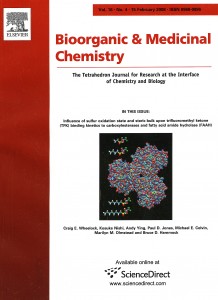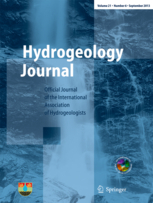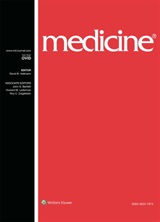
A group of Chinese cardiologists at Capital Medical University have done a quick ewe-turn, pulling a paper after mixing up both the author order and wrongly reporting how many sheep were killed in the making of this experiment.
We covered another retraction from the CMU cardiology department in September. The sheep paper was published in October.
Here’s the notice for “Mosaic tissue-engineered porcine pulmonary artery valved conduit: long-term follow-up after implantation in an ovine model”: Continue reading A ewe-turn: Researchers lose sleep, and paper, over miscounted sheep








